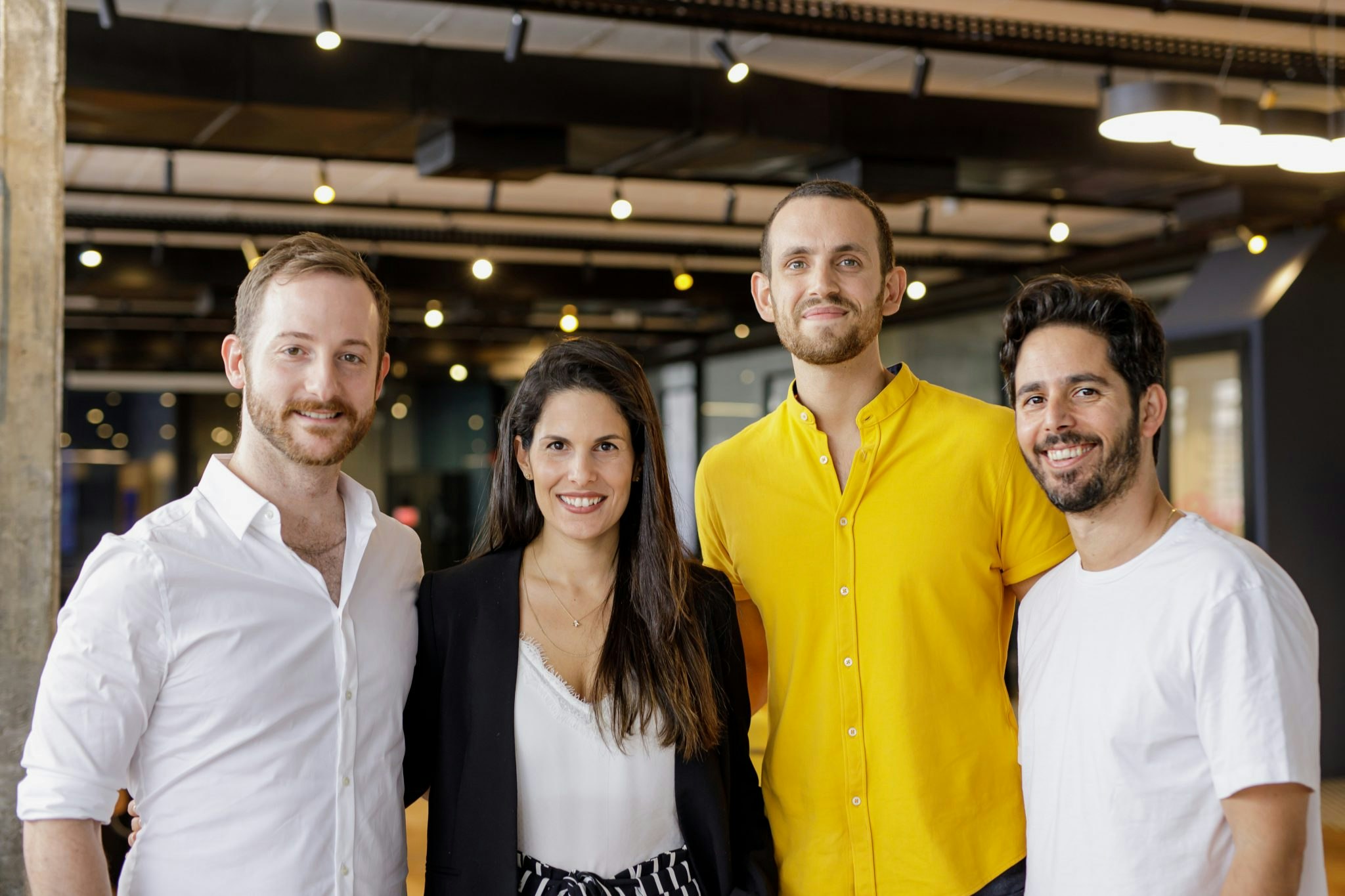In the wake of the pandemic, mass unemployment looks inevitable: corporations are now facing decisions that could make many of their middle-tier staff — literally millions of jobs — redundant.
Every single action in response to pandemic recovery is time sensitive. If we don’t invest in venture growth and reskilling at scale now, we will lose the opportunity to create a whole new wave of jobs, and we won’t have the talent we need to fill these roles.
Startups can be our saviours, and universities can play a critical role in providing these startups with the skills needed to thrive. There is huge potential at universities to equip millions with entrepreneurial, creative and technological skills.
Time and again, we have seen the positive impact that the European startup ecosystem can have on regional and national economies. What’s more, a growing number of startups are being built within university ecosystems. Graduate startups and social enterprises contributed over £822m to the UK economy alone in 2018, according to the Higher Education Statistics Agency.
Tech firm Onfido, which began at Oxford University, closed a $100m funding round in May 2020 and employs more than 400 people. Eigen Technologies, founded by Oxford Physics student Lewis Liu, has gone on to raise $60m. These companies are not just helping build the economy back up, but to build it back better.
It’s not all about research
Non-research focused startups are often seen as a footnote to university impact; the focus is more usually on IP-based innovation, which they do exceptionally well. But in the post-Covid era, we should be paying a whole lot more attention to the new innovation ecosystem which is emerging from within universities. This is driven by clear demand from students, and importantly thousands of alumni, and is focused on startups like Onfido, which are not necessarily related to research.
The ventures in this startup ecosystem don’t need a lot of capital or specialist equipment and space to get going. They are often quicker to get their product to market, raise investment, hire teams and start generating revenue.
The win-win of accelerating early-stage startups at universities is clear: in the UK, while 60% of new companies fail within three years, businesses that are part of an accelerator programme have a much higher survival rate, and raise 40% more funding, on average.
A unique environment
Universities make great places to accelerate new ventures. Uniquely, universities are sector-agnostic. They have access to multi-disciplinary networks, intellectual capital, academic expertise, cross-sector industry leaders, student talent and unparalleled entrepreneurial networks. They are capable of accelerating ventures across all sectors within their ecosystem, and they bring together the Humanities, Social Sciences, Physical Sciences and Medical Sciences.
As inherently global institutions, with impact and reach beyond geographical borders, they act as global hubs for investment, opportunity and partnerships — whether that means connecting corporations with the startups that can help them evolve and stay agile, or brokering introductions for VCs and angel investors. At the Oxford Foundry alone, we’ve seen several examples of this already — including Biz Stone, cofounder of Twitter, investing in our portfolio ventures: tutoring platform Scoodle and laundry startup Oxwash.
Universities can actively influence the creation of ventures that are socially responsible.
By their nature, universities are ‘people-first’ organisations, and for this reason they are well placed to embed a culture of responsible business in the ventures they nurture. They can actively influence the creation of ventures that are socially responsible — prioritising both profit and purpose.
University-based accelerators are also innately self-sustaining, with a renewable cycle of support built in. In this environment, new founders have the chance to learn from experienced entrepreneurs and to work alongside fellow ventures.
Established leaders stay connected to the ecosystem, and regularly ‘give back’ by donating their time and expertise to the next generation. They also contribute directly to venture growth — from providing access to finance and guidance on culture and HR, to market strategy and vision. These levels of connectivity are unique to a university ecosystem.
From graduate to founder
Millions of graduates leave university annually, and there are thousands more alumni within the workforce who are now at risk of either losing their jobs, or not being able to access employment. With so many millions of young professionals set to be unemployed, we are witnessing a shift in the way that people view entrepreneurship. Building a startup has transitioned from being seen as too high risk, or only for the wealthy, to a viable career path for many: alumni applications to join our accelerator has grown 100% year-on-year.
The pandemic has given a window of opportunity to the government, private sector and universities to invest in this capability beyond conventional education and R&D.
We need to provide opportunity to recent graduates who no longer have a clear career pathway.
By creating thriving entrepreneurship centres within all tertiary education establishments, we can attune frameworks to reflect local and regional demographics and needs. In addition to serving students and alumni, we should build partnerships with our wider communities, such as local businesses, thus feeding into active civic engagement, supporting the levelling up agenda and boosting local economic growth.
It is clear that we need to create jobs, we need to reskill those facing unemployment and we need to provide opportunity to recent graduates who no longer have a clear career pathway.
If we do this across Europe, we should not just see economic recovery, but a future startup ecosystem that will look very different: stronger, more diverse, inclusive and more accountable. The time for the government and private sector to act is now.


